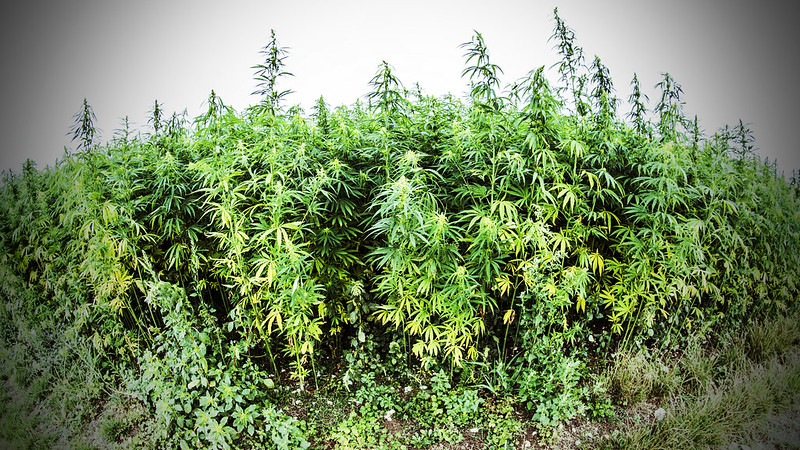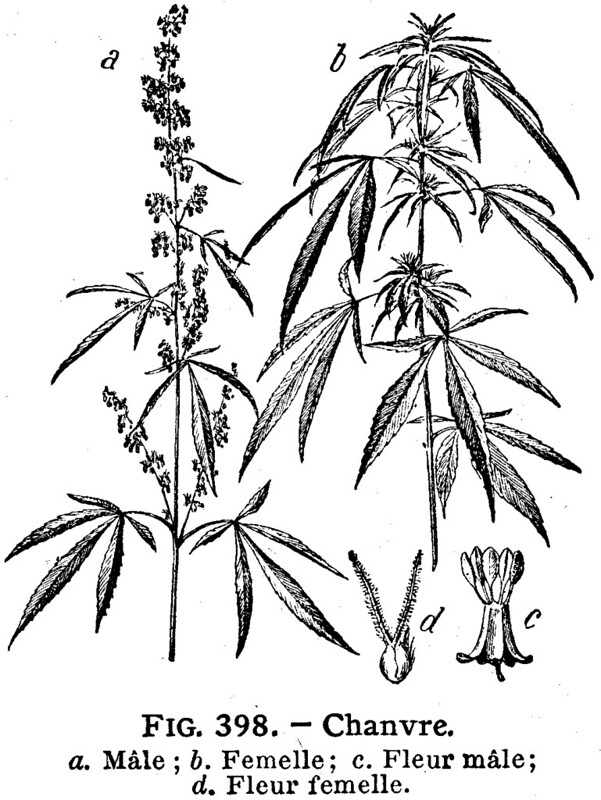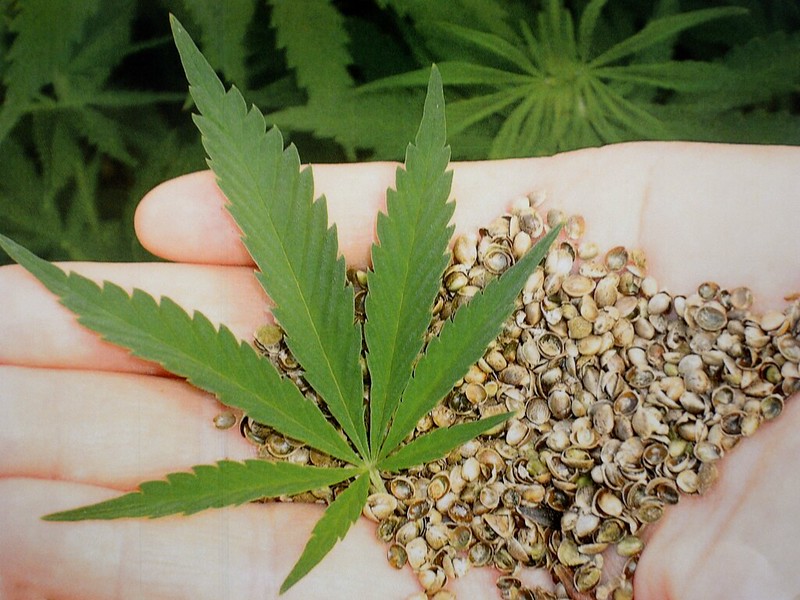Hemp oil, also known by its scientific name Cannabis sativais a plant with numerous medical, industrial and agricultural applications. However, it is a plant with many applications in medicine, industry and agriculture, the hemp is also highly controversial and has a number of limitations. This article will examine the advantages and disadvantages of hemp to better understand its impact on people and the environment.
Table of contents

Advantages of hemp
Medical applications
Pain reduction and anti-inflammatory: The compounds present in hemp, such as cannabidiol (CBD) and the tetrahydrocannabinol (THC)have been shown to reduce pain and inflammation. This helps people suffering from chronic illnesses such as arthritis and neuropathic pain.
Support for the treatment of epilepsy: CBD has been recognised as an effective method of reducing the frequency and intensity of epileptic seizures in certain patients.
Industrial applications
Hemp fibre: Hemp fibres are highly durable and can be used to produce fabrics, paper and building materials. Hemp fibres are also biodegradable, which reduces environmental pollution.
Hemp seed oil: The oil extracted from hemp contains many fatty acids omega-3 and omega-6which are beneficial for heart health and the immune system.

Agricultural benefits
Soil improvement: Hemp has the ability to regenerate soils and increase their fertility thanks to its deep root system and rapid growth.
Sustainable culture: Hemp requires few pesticides and chemical products, thus helping to protect the environment and human health. health human.
>> Suggestions for you: The place to buy legal cannabis in Switzerland via the website - Mari Swiss
Disadvantages of hemp
Psychological and health impact
Psychological effects: Abuse of THCa psychoactive compound found in hempThis can lead to psychological problems such as anxiety, paranoia and memory problems.
Risk of dependency: Prolonged, uncontrolled use of hemp can lead to dependence, adversely affecting personal and social life.

Legal issues
Strict regulations: In many countries, the cultivation and use of hemp is still strictly controlled because of the risks of abuse and the negative effects of THC. This limits the development potential of the hemp industry.
Economic impact
Investment costs: The transition from traditional cultures to hemp requires high initial investment, including the purchase of seeds, equipment and new technologies.

Conclusion
Le hemp has many significant advantages in the medical, industrial and agricultural fields, helping to improve human health and protect the environment. However, it is also important to consider the disadvantages, such as the psychological impact, legal issues and economic costs. A thorough understanding and careful assessment of these factors will help maximise the potential of hemp in the future.

